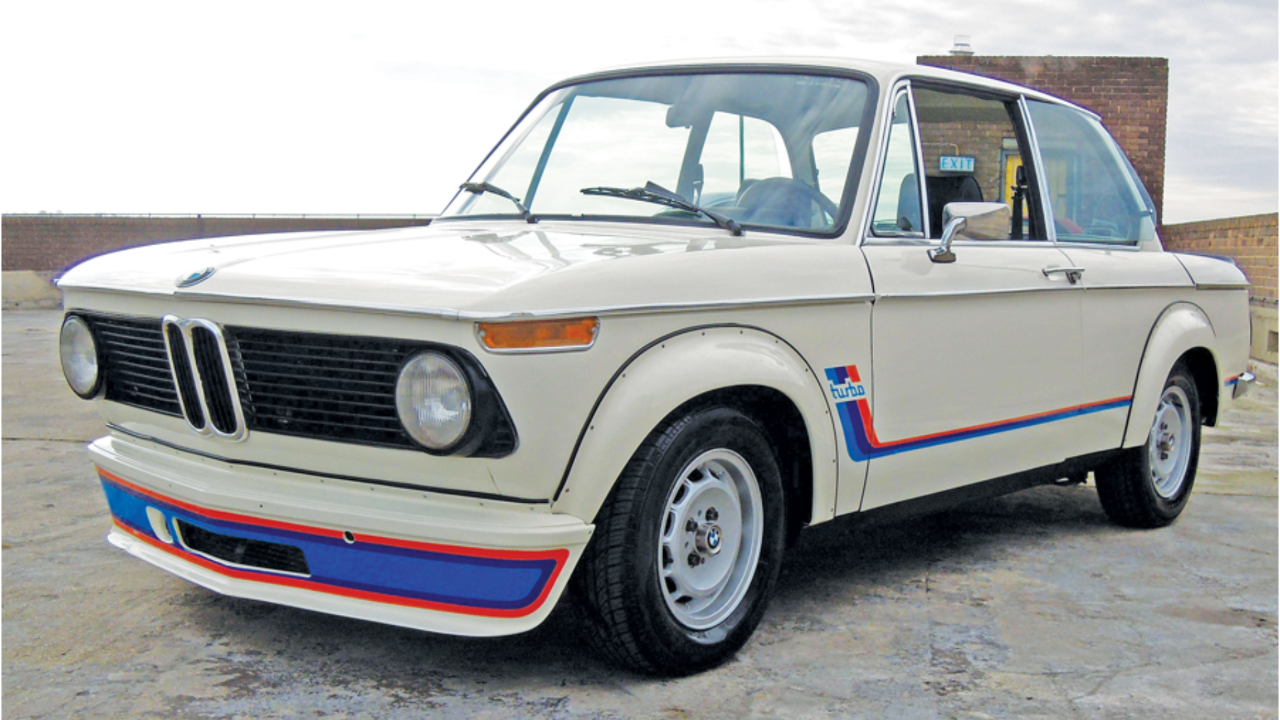When we talk about iconic cars that have left a profound mark on the automobile industry, the BMW 2002 effortlessly comes to mind. This compact sports sedan, which spanned the years from 1968 to 1976, not only helped to shape the BMW brand but also revolutionized the concept of performance vehicles. With its blend of sporty performance, elegant design, and practical utility, the 2002 holds a cherished place in automotive history.
Birth of a Legend: The 2002's Origins

The BMW 2002 was conceived as part of BMW's "Neue Klasse" (New Class) of cars, which aimed to revitalize the brand in post-war Europe. At the time, BMW's future was uncertain, but the introduction of the 1600 model in 1966 marked a turning point. The success of the 1600 paved the way for a more potent version: the 2002, which was launched in 1968 as a two-door sedan. Featuring a lively 2.0-liter four-cylinder engine that produced around 100 horsepower, the 2002 transitioned from being a simple family car to a sporty contender on the racetrack.
Iconic Design and Features

The BMW 2002's design is characterized by its sleek, compact proportions and clean lines, which still resonate today. Its minimalist aesthetic, combined with significant attention to detail, set the bar high for automakers. The 2002's interior featured comfortable and supportive seats, a straightforward dashboard layout, and high-quality materials that spoke to BMW's commitment to engineering excellence.

In 1971, the legendary 2002 Turbo model was introduced, making it the first turbocharged production car in Europe. Sporting a widened body, distinctive stripes, and a more aggressive stance, the Turbo variant captured the essence of performance, showing that the 2002 was as much about power as it was about style.
The Racing Legacy

The BMW 2002 was not just a car for the everyday driver; it became a formidable force in motorsports. Its lightweight design, coupled with powerful engines, propelled it to victory in various racing events. The car was a mainstay in touring car races and gained popularity in the United States, contributing to BMW's growing reputation as a performance brand.
One particularly memorable moment was BMW’s remarkable success in the 1970 Trans-Am series, where the 2002 dominated the competition. These racing triumphs cemented the 2002’s status as a sports car, inspiring countless enthusiasts and drivers who still celebrate its racing heritage today.
The End of an Era

By 1976, production of the BMW 2002 came to an end, but its legacy endured. The model laid the groundwork for the future of BMW, influencing the development of the iconic 3 Series. The virtues of the 2002—sportiness, elegance, and driver engagement—would become hallmarks of BMW vehicles for decades to come.
Collectability and Modern Relevance

Today, the BMW 2002 is regarded as a classic and is prized by collectors and car enthusiasts around the globe. Its mix of charm, performance, and historical significance makes it a sought-after vehicle that continues to appreciate in value. The 2002 has even inspired modern reinterpretations and restorations, with a dedicated community of fans who pride themselves on keeping the legacy alive.
In an era where technology and automation dominate the automotive landscape, the 2002 stands as a brilliant reminder of the company’s commitment to driving pleasure and engineering perfection. As a classic icon, it is not merely a symbol of a bygone era; it represents the spirit of a time when driving was about the connection between man and machine.






